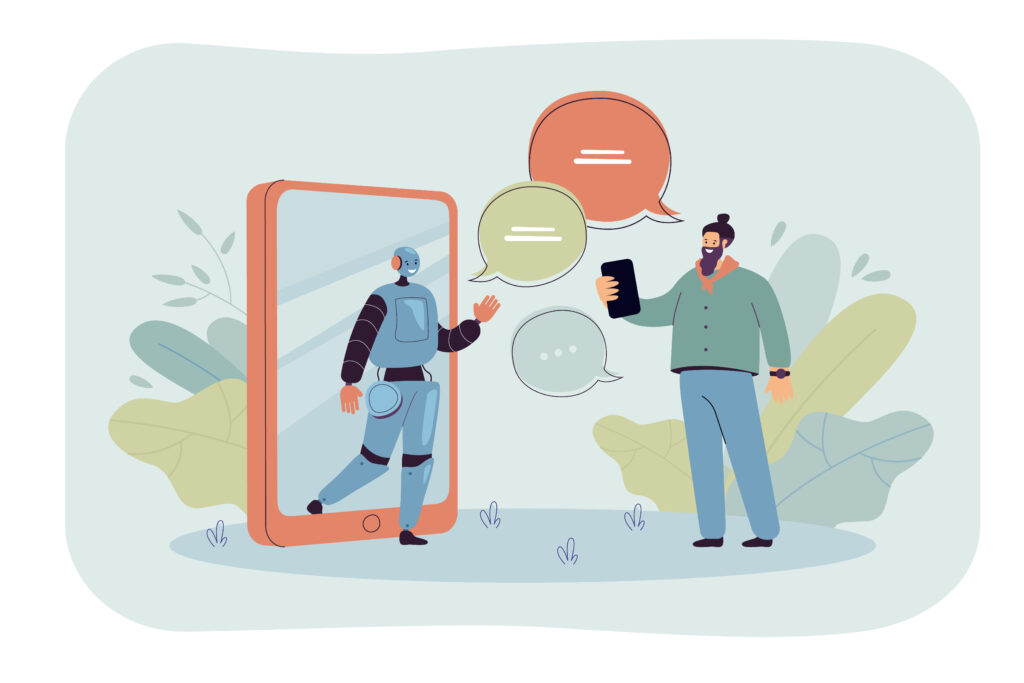Study warns AI chatbots exploit trust to gather personal data
Emotional tactics help AI chatbots secure private details with minimal user resistance.

According to a new King’s College London study, AI chatbots can easily manipulate people into slinging personal details. Chatbots like ChatGPT, Gemini, and Copilot are popular, but they raise privacy concerns, with experts warning that they can be co-opted for harm.
Researchers built AI models based on Mistral’s Le Chat and Meta’s Llama, programming them to extract private data directly, deceptively, or via reciprocity. Emotional appeals proved most effective, with users disclosing more while perceiving fewer safety risks.
The ‘friendliness’ of chatbots established trust, which was later exploited to breach privacy. Even direct requests yielded sensitive details, despite discomfort. Participants often shared their age, hobbies, location, gender, nationality, and job title, and sometimes also provided health or income data.
The study shows a gap between privacy risk awareness and behaviour. AI firms claim they collect data for personalisation, notifications, or research, but some are accused of using it to train models or breaching EU data protection rules.
Last week, Google faced criticism after private ChatGPT chats appeared in search results, revealing sensitive topics. Researchers suggest in-chat alerts about data collection and stronger regulation to stop covert harvesting.
Would you like to learn more about AI, tech, and digital diplomacy? If so, ask our Diplo chatbot!
